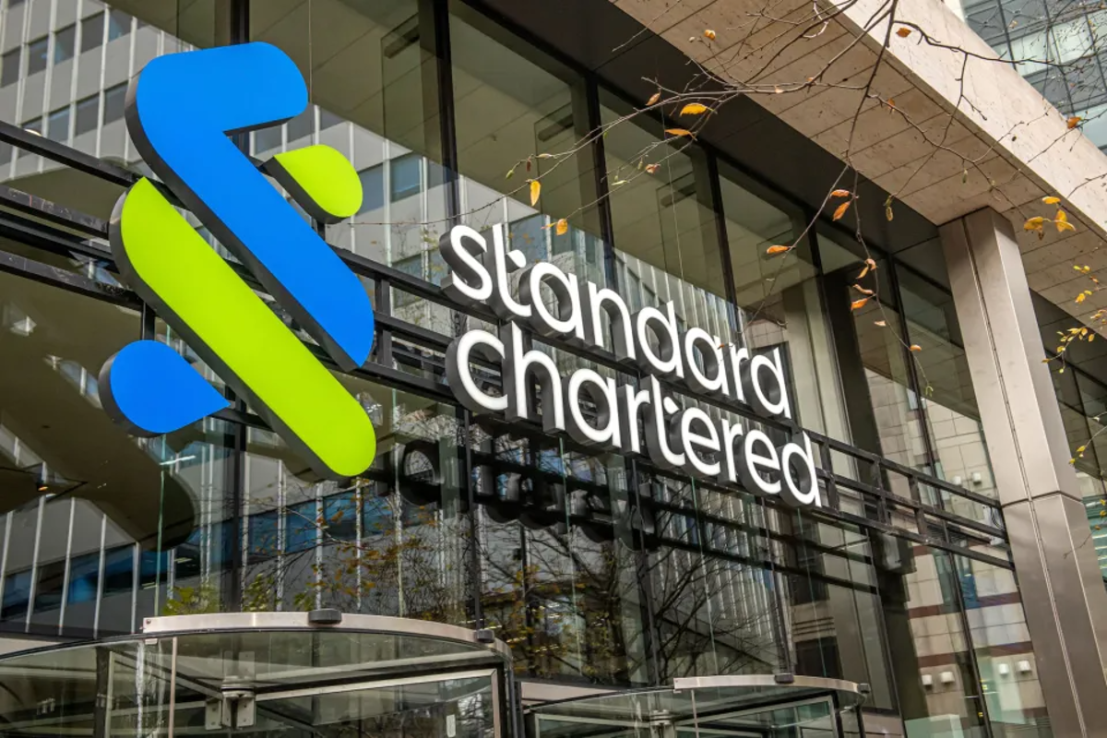High Court: Standard Chartered Libor test case against investors kicks off
Standard Chartered kicks off its legal case against a group of investors over transactions dating from the scandal-ridden Libor era


British bank Standard Chartered kicked off its legal case against a group of investors over transactions dating from the scandal-ridden London interbank offered rate (Libor) era.
The bank launched a civil claim back in April against a group of investors, including Guaranty Nominees, the nominee holder of the preference shares on behalf of JP Morgan Chase Bank.
This case relates to preference shares issued by the Standard Chartered Bank in 2006.
The dividend rate payable under the preference shares was fixed at 6.409 per cent for the first 10 years after which it would be set at three-month USD Libor ($3m Libor”) plus 1.51 per cent.
Standard Chartered is now using civil litigation to seek to impose a new dividend rate.
The bank wants to replace the existing dividend rate of Libor plus 1.51 per cent with three-month term secured overnight financing rate (SOFR) plus an adjustment spread of 26 basis points (plus the original 1.51 per cent).
This comes after it failed to reach an agreement with the investors, and according to court documents, it now argues that it has, in fact, always had the ability to impose a replacement rate on its investors.
Libor was scrapped in June 2023 following years of scandal, including the high-profile convictions of ex-bankers Tom Hayes and Carlo Palombo.
For the case, the bank instructed magic circle law firm Slaughter and May to take the claim to the Financial List of the High Court. The defendants, which includes three funds run by Boston-based hedge fund manager Bracebridge Capital, have instructed Quinn Emanuel and Jones Day for defence.
The court’s ruling is said to be highly significant as it will determine whether the preference shares’ contract would allow Standard Chartered to impose a new rate on its investors, switching the dividend rate to SOFR from Libor.
The case started at the High Court in London today (Friday) and is set to run for four days, with a decision expected by the end of October.
Standard Chartered was approached for a comment.



